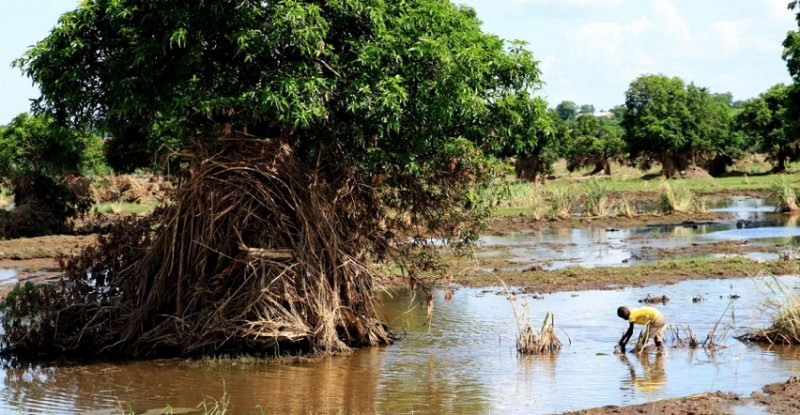
Climate Anomalies Linked to Cholera Outbreaks - A Growing Concern: Recent research reveals that global climate anomalies, such as El Niño events, could significantly influence the emergence and spread of new cholera strains. This study, led by Xavier Rodo from the Instituto de Salud Global de Barcelona, Spain, and his team, was published in the open-access journal PLOS Neglected Tropical Diseases.
Since 1961, the world has witnessed over one million deaths due to the ongoing seventh cholera pandemic, which began in 1817. Despite extensive research, the precise causes of past cholera outbreaks have remained elusive. However, one prevailing hypothesis suggests that unusual climate conditions, combined with genetic mutations in Vibrio cholerae (the bacterium responsible for cholera), may promote the rise and spread of new cholera strains.
To explore the potential connection between climate and cholera, Rodo and his colleagues employed statistical and computational methods to analyze historical climate records and cholera mortality data from various regions of former British India during the sixth cholera pandemic (1899-1923). They also compared these findings with data from the ongoing pandemic.
Their analysis indicated that from 1904 to 1907, cholera deaths exhibited unusual patterns that coincided with abnormal seasonal temperatures and rainfall linked to an El Niño event. This period also marked the emergence of a new cholera strain during the sixth pandemic. Similar climate conditions associated with strong El Niño events have been observed during the current pandemic, suggesting that climate anomalies could indeed facilitate the rise of new cholera strains.
Looking ahead, the researchers used climate prediction models to assess future risks. They concluded that increased climate variability and extreme weather events driven by climate change could elevate the likelihood of new cholera strains emerging throughout the 21st century.
To further comprehend this deadly disease, Dr. Rodo and his co-author, Dr. Mercedes Pascual, advocate for more research focusing on the interaction between cholera evolution and climate anomalies. They state, "Variation in climate conditions or the evolutionary change of a pathogen can be important drivers of major epidemics and pandemics. But these two drivers are typically considered separately in studies seeking to explain the emergence of unusually large outbreaks…here, we present indirect evidence that the two can act together to synergistically underlie the establishment and widespread transmission of a new strain."
Air New Zealand Drops 2030 Climate Target, First Major Airline to Do So